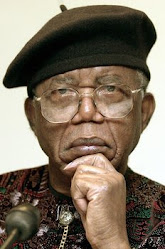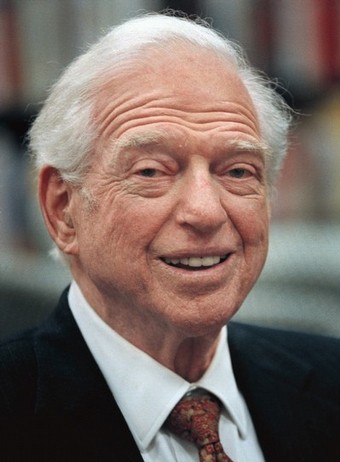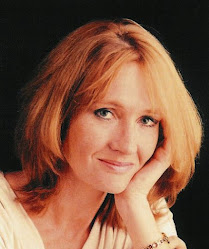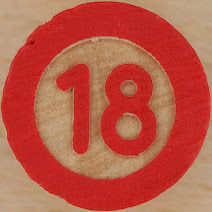I just finished watching the show CNN HEROES and knew I had to blog about it. Only yesterday during my blog rounds I went to Happenings and she was asking when to give and under what circumstances one should give people money. I left a comment after reading her post saying it’s hard to discern “truly needy” people from amongst the many beggars we see around us because there are many con men and women out there on the streets interested in ripping off generous people. My Nigerian readers will understand what I mean. We are approached by them when we walk the streets, when we wait at bus stops, when we are stuck in traffic (go-slow) etcetera; they beg us for alms even though they look physically OK.
Anyway, CNN HEROES is an inspiring award show that honours everyday people who make effort – no matter how “tiny” or small scale it may seem, to help lessen or alleviate the suffering of their fellow humans. These Heroes help, inspire and motivate “truly needy” people. It’s impossible to decide which Hero's account is most inspiring. All the personal accounts were fantastic, moving, wonderful and so, so inspiring. Just watching the well made video clips showing these Heroes at work can make anyone leak from the eyes. The humble acceptance speeches given by the award recipients were equally moving. They are simply everyday people compassionate and bold enough to reach out and help those around or far away from them. They are simply everyday people who are being honoured and recognized by the people around them(each award recipient won $25,000 while the CNN HERO of the Year, Liz McCartney won $100,000). That’s something Nigerians and citizens of other countries should emulate, recognizing the Heroes amongst us.
Visit CNN Heroes for the moving accounts and an overview of the celebrity studded award night.
Anyway, CNN HEROES is an inspiring award show that honours everyday people who make effort – no matter how “tiny” or small scale it may seem, to help lessen or alleviate the suffering of their fellow humans. These Heroes help, inspire and motivate “truly needy” people. It’s impossible to decide which Hero's account is most inspiring. All the personal accounts were fantastic, moving, wonderful and so, so inspiring. Just watching the well made video clips showing these Heroes at work can make anyone leak from the eyes. The humble acceptance speeches given by the award recipients were equally moving. They are simply everyday people compassionate and bold enough to reach out and help those around or far away from them. They are simply everyday people who are being honoured and recognized by the people around them(each award recipient won $25,000 while the CNN HERO of the Year, Liz McCartney won $100,000). That’s something Nigerians and citizens of other countries should emulate, recognizing the Heroes amongst us.
Visit CNN Heroes for the moving accounts and an overview of the celebrity studded award night.



















